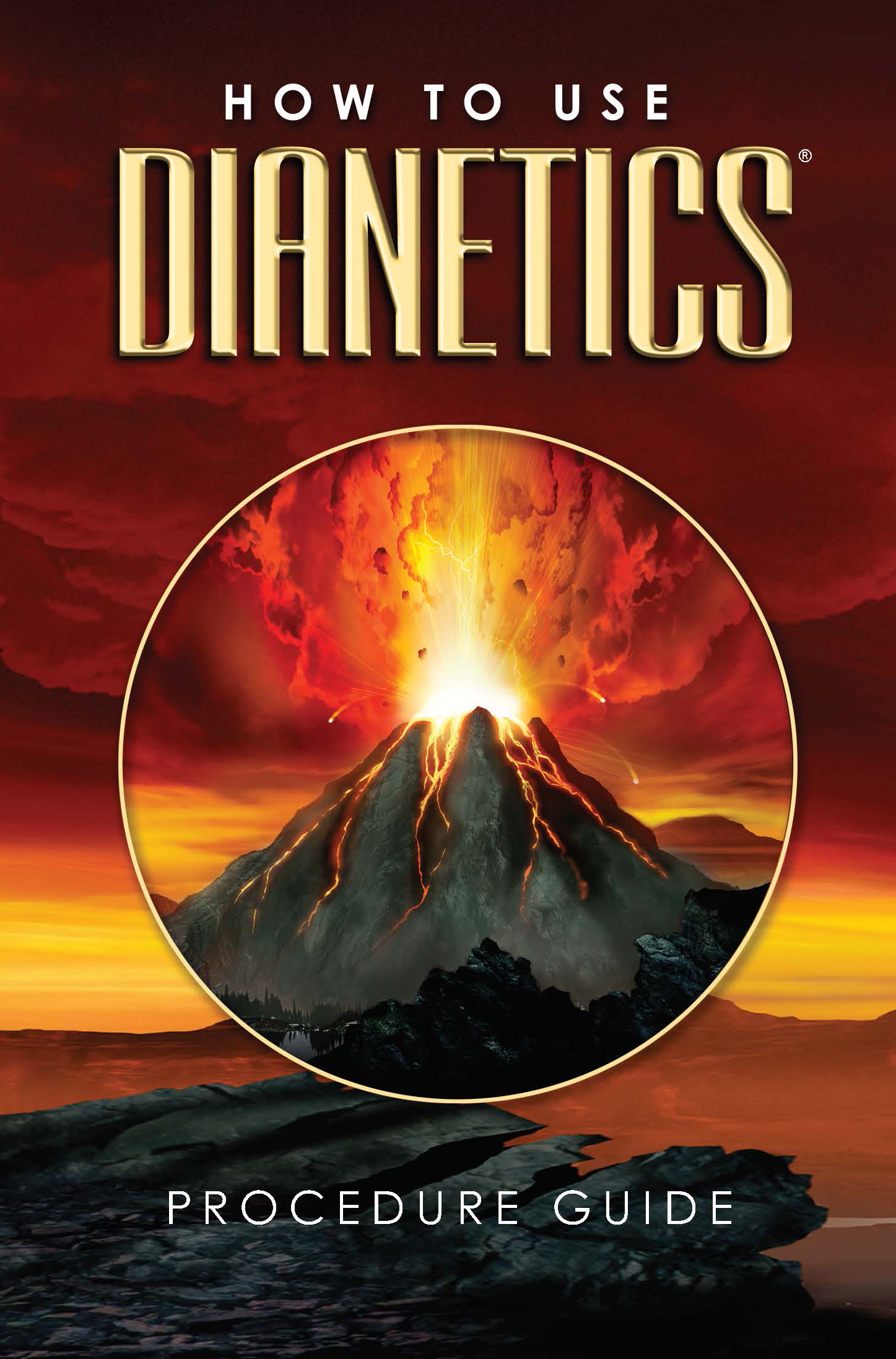What Does Dianetics Do?
Wiki Article
Getting The Dianetics To Work
Table of ContentsThe smart Trick of Dianetics That Nobody is DiscussingNot known Facts About DianeticsDianetics Fundamentals ExplainedSome Known Details About Dianetics
I couldn't ever not desire to receive anything that comes to mind for you- if it was or else, I would not be sitting here with you, doing this. I not just could never have an issue, or not wish to hear something that comes to mind for you, however I'm totally anxious to recognize every concept, every thought, every image or feeling that arises or shows up for you- do not ever before think or else, and if somehow you do, please simply let me know! Often, you might have a thought, and photo, idea or incident pop up that does not seem to address the concern, or associate with it, yet nevertheless, constantly do tell me about it, and as we continue, the relevance will certainly emerge for you.This is inherent in the basis of processing, and the topic of this discussion: the fundamental roles of the counselor and the client: The standard function of the therapist is, in contrast to "typical training", not to manage, which suggests to impose and/or hinder, yet to instead function from the basis of EMPOWERING THE CLIENT.

Some Ideas on Dianetics You Should Know
John Mcmasters shared this fundamental reality wonderfully well in among his talks on Power handling, wherein he clarifies how he was asked what this "unique propensity" was that he had for providing such fantastic sessions; he needed to think of that for a moment, and spotted that it was what he had not been doing, along with what he was doing: he wasn't reviewing, evaluating, computing, or as a matter of fact, producing any type of ideas, let alone spoken expressions, after giving the command and while waiting on the PC to finish their response to their contentment; he was, merely and just, being existing with the PC, and completely interested.The function of the therapist, demonstrated; that was his "special knack". I have actually had my own experience which taught me this well, really early on in the video game. In 1982, having just recently finished my training and teaching fellowship on New Era Dianetics, I was running this on a PC, and there was a factor in the session where (being a bit damp behind the ears not yet having many hours under my belt as a specialist auditor) the computer appeared to be "taking too lengthy" to reveal anything vocally after I offered him a command.
This secret transformed out to be one of the most valuable contribution that John ever before made to the topic of therapy or auditing (Dianetics). In my modest viewpoint, it is the best payment that any person has ever before made to these subjectsthe application is entirely non-judgemental, non-evaluative, and without any type of recommendation, suggestions or opinion.no preconceived program for people, or 'levels' that they should do
In Scientology we prided ourselves on not evaluating for people. All that content truly indicated was that the auditor did not VERBALLY evaluate for the Computer in session.
Not known Details About Dianetics

Any individual who had ever before seen John audit could not aid however observe an unique quality in his auditing."The customer's standard duty is to be there with the objective of relocating in the direction of their spiritual goals, and to freely and fully express and experience whatever shows up for them in responding to the inquiries and carrying out the guidelines in the processing.
This is something to procedure as required. Yet additionally, people regularly have prior experience and/or brainwashing in auditing/processing which, Recommended Site somehow, and to some extent, really deceives them right into attitudes, ideas and habits patterns that protect against the complete realization of these roles, therefore they will often tend to inhibit the expressing of what comes to mind, as in the examples provided above. * The first, and probably leading instances of mis-indoctrination bring about much less than entirely smooth and reliable sessions, can be found in specific elements of the training regimens, or "TR's":"TR's" are commonly a person's initial, or a minimum of early, experience in Scientology, and while I will certainly go on to describe what I see as the flaws in idea and practice, nonetheless, often tend to be significantly healing, done as they are offered (Hubbard insists that "TR's are not processing, they are training", yet factually, they are both processing AND training)
Alan Walter made comparable observations, and improved these with his "Existence Processes". There is no "failing", and no denial of the fact of this being handling. The emphasis, as it should be, is on experiencing the other person's visibility. All the manifestations which get a "fail" in doing "TR-0" are merely the being's initiatives to stand up to the various other person's visibility, and as opposed to being harassed and pestered with "Flunk", which imposes "failing!" on the being, one merely needs to be encouraged to "stick their feet in the water a little much deeper", to increasingly rehabilitate their capability and willingness to totally share and experience "being here", or "visibility", home with others.
Excitement About Dianetics

Report this wiki page